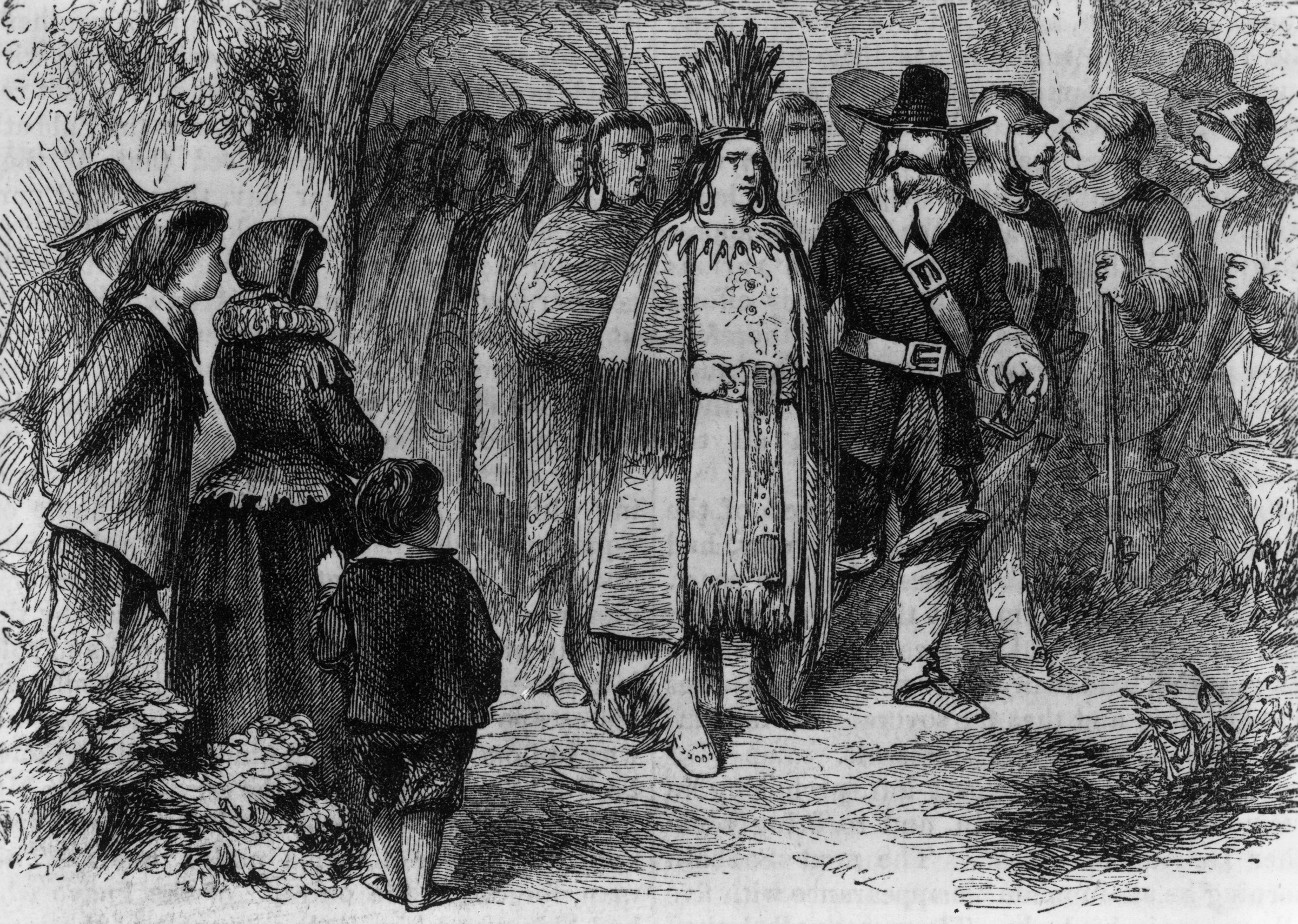General Discussion
Related: Editorials & Other Articles, Issue Forums, Alliance Forums, Region Forums400 Years After the Mayflower Set Sail,
400 Years After the Mayflower Set Sail, a New Exhibit Acknowledges the U.K.'s Impact on Native American Communities

On a September day in Plymouth, southwest England, a ship set sail. The day was Sept. 16, 1620, and the vessel was the Mayflower. Its passengers and their voyage would soon secure their place as an indelible part of American history. Now, 400 years later, in another September in Plymouth, the facts of that story are coming in for a reexamination.
The Mayflower story taught to generations of American schoolchildren goes something like this: The ship’s arrival in Cape Cod, Mass., that November, was the start of British colonization in the Americas. Those onboard were pilgrims, migrating from Europe as a result of religious persecution; they created a new Plymouth in Massachusetts, overcame adversity and eventually celebrated the first Thanksgiving. But that is only a fraction of the true history. The Mayflower’s passengers were not all pilgrims and 1620 did not mark the start of British colonization, nor did the 1621 Thanksgiving event mark a happy ending when it came to the settlers’ impact on the Indigenous Wampanoag people, who had been living on that particular part of the land for thousands of years.
“Quite honestly, the Mayflower story can’t be told without the inclusion of the Wampanoag perspective,” says Paula Peters, a Wampanoag historian living in the community of Mashpee, Cape Cod. For the anniversary of the Mayflower’s journey (which began 400 years ago Wednesday according to modern calendars, though the date was recorded as Sept. 6 at the time), she has been advising organizers of anniversary activities on both sides of the Atlantic about how to properly incorporate this often overlooked perspective.
https://time.com/5888990/native-americans-mayflower/?utm_source=linkedin&utm_medium=social&utm_campaign=editorial&utm_term=history_education&linkId=99749679
niyad
(113,079 posts)NO importance whatsoever. Roxanne Dunbar-Ortiz does a Very Good job Of covering thiS in her, "Indigenous Peoples' History".
underpants
(182,632 posts)Every community seems to have its troublemakers, and for Plymouth Colony it was the Billingtons.
http://mayflowerhistory.com/billington-john
GulfCoast66
(11,949 posts)Virginia was first settled in 1607. By 1620 they had already killed many native Americans to take more land.
abqtommy
(14,118 posts)GulfCoast66
(11,949 posts)Retrograde
(10,130 posts)The ill-fated Roanoke colony in what is now North Carolina was established in the mid 1580s - and by 1588 had vanished without a trace.
abqtommy
(14,118 posts)GulfCoast66
(11,949 posts)The first permanent English settlement was in Virginia in 1607.
Of course, by then St. Augustine has been established in Florida for almost half a century making it the oldest European settlement in America.